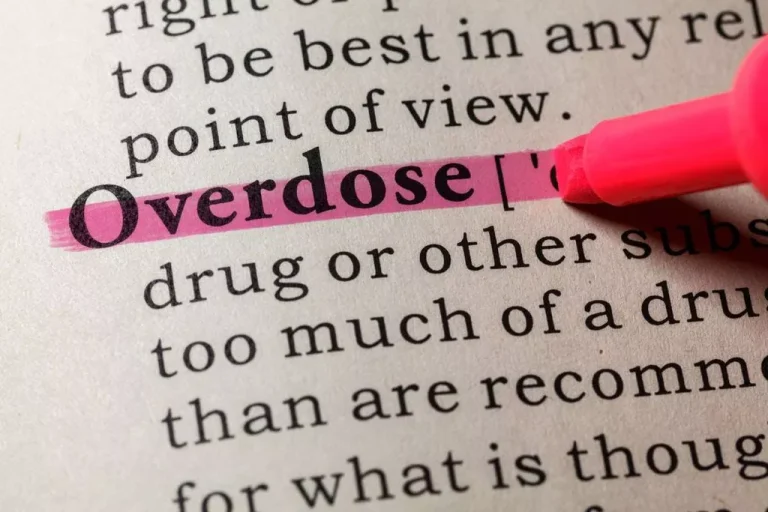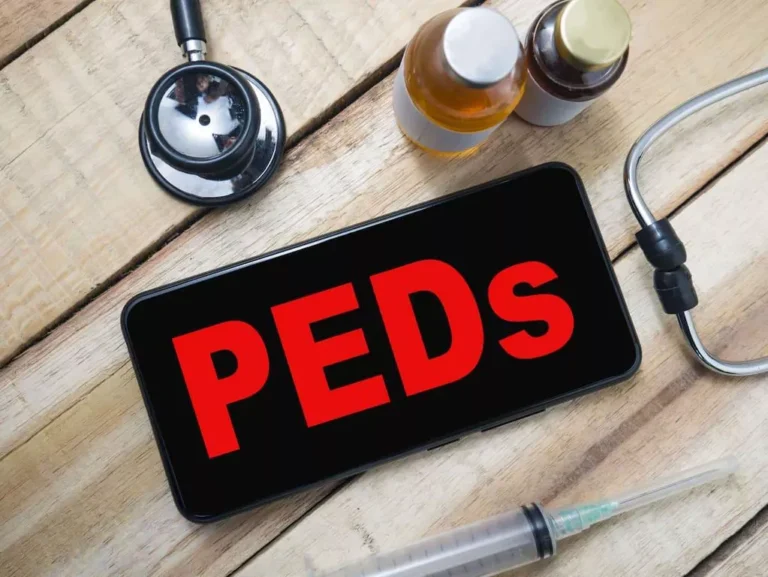Simply, alcohol helps you relax in the short term, but long-term use comes with many risks and potentially negative outcomes. Alcohol use disorder may impact your productivity at work, increase tension in relationships, or disrupt your emotional life. It may increase blood pressure and increase your risk of developing cancer, liver disease, and stroke. If you’re finding you’re still not feeling rested in the mornings, even with some of these changes, consider using a sleep tracker. A recent study found that some measures may be as reliable as a sleep study, and may help you and your doctor better assess your sleep patterns. If you think your drinking may be impeding your sleep or overall quality of life, speaking to your doctor or therapist is a great first step.
How Long Does Insomnia Last After Quitting Alcohol?

Things are a little more complicated for those with an alcohol abuse problem. Studies show mixed results, with alcohol insomnia and related sleep disruptions lasting from five weeks to six months. RISE can tell you when to do 20+ sleep hygiene habits at the right time for your body clock to make them even more effective.
Understanding Why You Can’t Sleep After Quitting Alcohol

While not every night you drink results in the worst night of sleep, 32% of adults report they’ve sometimes lost sleep after drinking alcohol in the past year, and 15% say they often or always have. While one-third say they fall asleep faster after drinking, they note it is restless overall. Insomnia is a common problem for many adults, but it is not uncommon to experience it in the short-term and long-term after quitting drinking. It is characterized by difficulty falling or staying asleep, which can lead to daytime drowsiness, trouble concentrating, and other negative health effects. Often times, it’s easy to grab a bottle of your favorite après beverage to blow off steam and relieve the day’s tensions. And while the occasional urge to imbibe is normal, making it a daily habit can be disruptive to your health and well being.
- This may be more pronounced if you often use alcohol as a way to manage existing sleep problems.
- Drinking large amounts of alcohol before bed can have an adverse impact on sleep.
- REM sleep – the dream-stage of sleep, where most restorative processes occur – is adversely affected by alcohol.
- Insomnia is subjective to the person involved as everybody’s body responds differently to different conditions and stimulants.
Night Eating Syndrome: Symptoms, Causes, and Treatments
Those who have long-term stress are more likely to have obesity, according to a February 2017 study in Obesity. The main culprit is cortisol, a stress-induced hormone that can encourage your body to hold onto fat. Another November 2018 study in Neurology discovered that a high-stress lifestyle could lead to memory loss and brain shrinkage before the age of 50.
Getting a good night’s sleep
They were also more alert during the evenings and less alert in the morning compared with when they read the printed book. Such results suggest that e-books could have a negative impact on sleep. This involves breathing in for 4 seconds, holding the breath for 7 seconds, and exhaling for 8 seconds. This type of deep, rhythmic breathing is relaxing and can promote sleep. However, the National Sleep Foundation recommends a bedroom temperature of 60–67°F (16–19ºC) to promote sleep.
Good Sleep Linked to Longer Life
Sleep disruptions may increase the risk that a person will feel tired, which might cause a person to reach for a drink if they feel like they can sleep sober. People in alcohol recovery take a long time to fall asleep, have problems sleeping through the night, and feel that their sleep is not restorative. Unfortunately, recovery and abstinence are more challenging if you aren’t able to get enough good-quality sleep.
- This is because alcohol is a depressant, so when it’s no longer in your system, your body has more energy to work with.
- One 2021 study found that using a mobile screen for more than 8 hours a day or for at least 30 minutes before going to bed can negatively affect sleep.
- For some older adults with depression, sadness is not their main symptom.
- Although depression is common in older adults, it can be difficult to recognize.
- This can lead to additional effects like daytime sleepiness and grogginess.
- Alcohol withdrawal can begin within hours of ending a drinking session.
- However, “withdrawal” seizures may occur 6 to 72 hours later, after drinking has stopped.
Calming your mind and body before bed can be the difference between poor sleep and a good night’s sleep. The sedative effect of alcohol leads to drowsiness, which can help with falling asleep initially. However, as the body metabolizes alcohol, the sedative effect wears off, causing you to wake up frequently. This results in fragmented and less restorative sleep, leaving you groggy and unrefreshed in the morning.
Mental Health Effects When You Stop Drinking
Not getting enough quality sleep can make a person irritable, depressed, forgetful, and more likely to have falls or other accidents. Whether you love it or hate it, physical activity is a cornerstone of healthy aging. Scientific evidence suggests that people who exercise regularly not only live longer, but also may live better — meaning they enjoy more years of life without pain or disability. Lay a damp towel on your bed over your sheets to give your body some cooling relief while you fall asleep. I recommend you lay a dry towel underneath the wet one to avoid soaking your mattress with water, which can damage the foam in your mattress. The towel won’t stay cold for the entire night, but it should stay cool enough that you can drift off to sleep.
- Alcohol can dehydrate you and dehydration has been linked with short sleep duration.
- There are many medications used to treat insomnia, including benzodiazepine and nonbenzodiazepine medications.
- Sleep disruptions in these later phases can limit the physical and mental restoration that helps you feel rested the next morning.
- But both studies found CBT-I didn’t help prevent relapse, so you may need further treatments and support for this.
- For recovering alcoholics, it’s crucial to remember that adopting these changes doesn’t have to be drudgery; it’s about creating a new, rewarding aspect of your daily life.
Still, as the night progresses, its sedative effect wears off, leading to increased sleep disruptions and decreased sleep efficiency. This results in more awakenings and a reduction in the restorative REM (rapid eye how to sleep without alcohol movement) sleep phase. Research published in Nature highlights that excessive alcohol consumption is linked to poor sleep outcomes. Although depression is common in older adults, it can be difficult to recognize.
- It may take several days to reset a person’s biological clock, depending on how much it has been altered by the time change.
- But it can actually end up robbing you of a good night’s rest — or worse, could cause some challenging sleep problems.
- Invest in a good quality mattress and pillows, ensure the room is cool, dark, and quiet, and consider using blackout curtains or eye masks.
- A review article funded by the National Heart, Lung, and Blood Institute summarizes hundreds of studies from around the world showing that depression increases risk of heart disease and metabolic disorders.
- Learn about the current U.S. guidelines for drinking and when to avoid alcohol altogether.